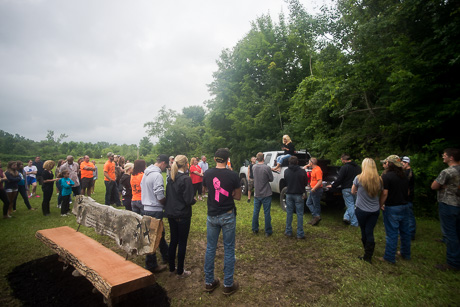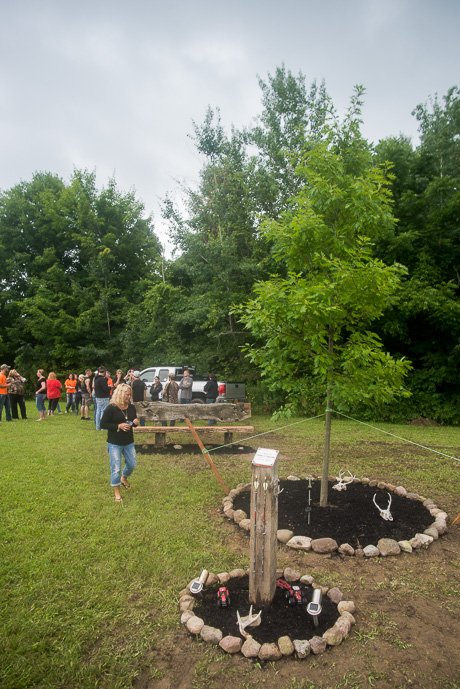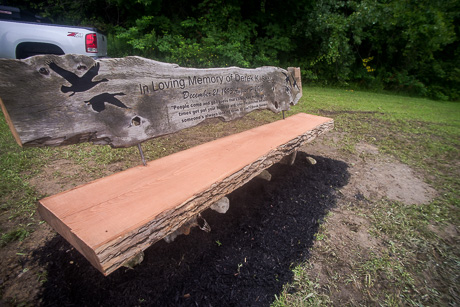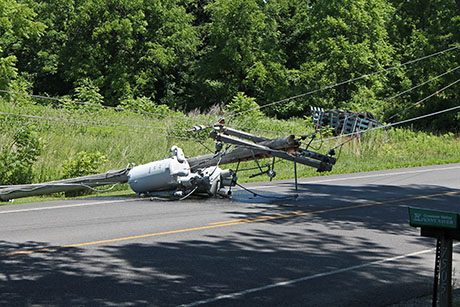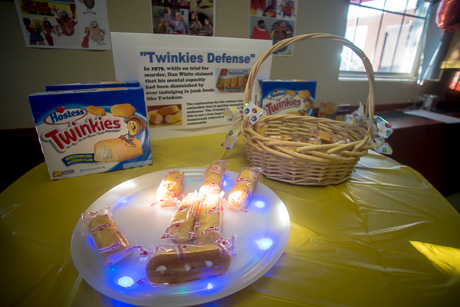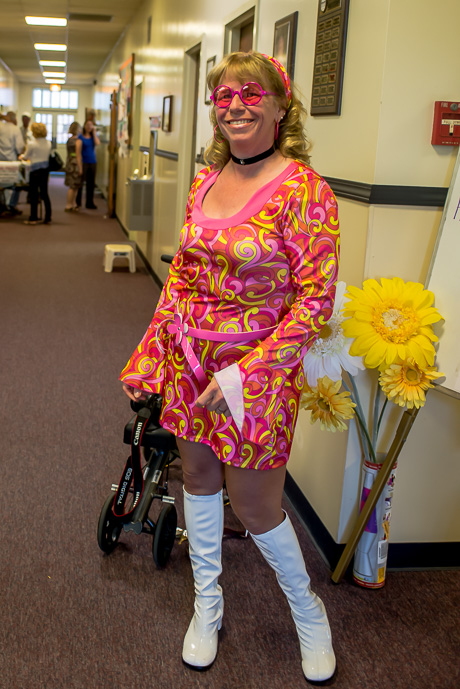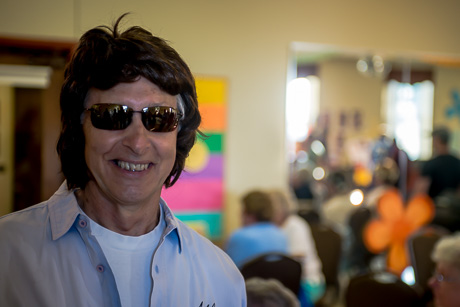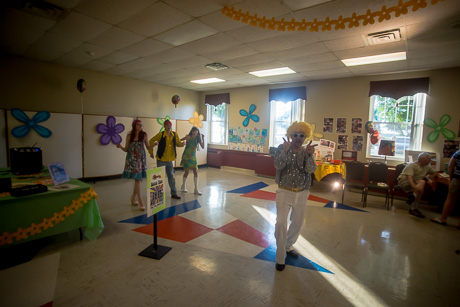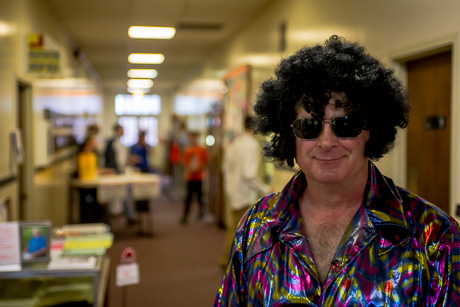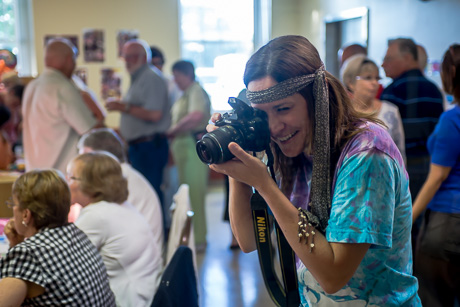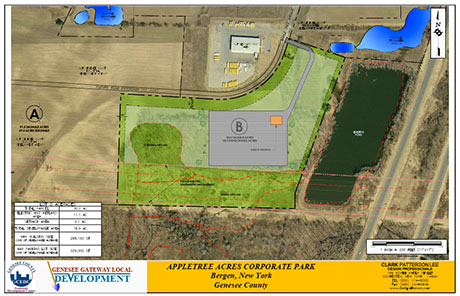Former nurse from Bergen given probation following second conviction on grand larceny
None of it is her fault, former Bergen resident Michele Ann Case told Judge Robert C. Noonan in County Court today during a sentencing on her second grand larceny conviction.
In fact, managers at HomeCare & Hospice, the former employer Case was convicted of stealing from while working as a nurse, concocted the whole scheme against her in order to steal insurance money, she said.
"How could hospice make such a colossal mistake (claiming she broke reimbursement rules)?" Case read from a three-and-a-half page written statement. "Simple, it was no mistake. These rules were new, and used retroactively to make my legitimate paid time into unpaid time in an attempt by hospice to claim I stole from them and in effect steal themselves. They then fraudulently submitted their so called losses to insurance and filed a false report to the police."
Noonan didn't buy any of it.
"I do have a feeling that you see everything through your own little prism of view and that's how you look at it," Noonan said. "You took a nursing job that didn't pan out because other nurses are paid more elsewhere. The detective didn't look at this or look at that ... at some point, you should sit back and look at this the way 24 separate jurors have now looked at it and concluded that you didn't just make mistakes. You stole money."
According to evidence presented at both trials, Case stole more than $14,000 by filing doctored time cards and incorrect mileage logs.
Case's first conviction, in 2012, was overturned on appeal, with the higher court finding that summary sheets tallying the amount of money Case stole was not properly supported by documentation.
In July, Case was convicted a second time by a new jury of grand larceny in the third degree.
District Attorney Lawrence Friedman argued today that rather than re-imposing the five-year probation sentence Case got the first time around, she should be sent to prison.
"She still views herself as a victim in this case and absolutely continues to deny any responsibility," said Friedman in a statement prior to Case getting up to speak. "Your honor, it is our position that she is not an appropriate candidate for probation and that she should receive a sentence of incarceration."
And by incarceration, Friedman meant state prison, stating that local jail time would mean no period of parole after serving her time, making it harder for the county to collect restitution from her. Also, only a state prison term would expose her to programs that might benefit her rehabilitation.
To a degree, Noonan said he agreed with Friedman's position, however, he never discussed a state prison option. He spent more time weighing the differences between a sentence of probation and time in the county jail.
A harsher sentence than the first one, Noonan said, could be perceived as retribution for appealing her prior conviction and winning a new trial; however, Case's violation of probation, failure to make any restitution payments after her first conviction, suggests she's not a good candidate for probation.
Also, having sat through two trials and hearing the evidence twice, Noonan said the mere fact that Case continues to deny any wrongdoing could be a foundation for a harsher sentence.
Noonan, however, doesn't consider Case a threat to return to a life of crime.
He imposed five years probation, and with credit for time served, she is not likely to serve any more jail time if she complies with the terms of probation.
Case now lives in Erie County. Her oldest child is a freshman at a local university and her youngest is a freshman in high school. Her attorney said she has returned to factory work (what she did prior to becoming a nurse) at minimum wage (she said she earned $60,000 annually as a nurse).
Noonan noted that early on in this case, she was offered a disposition that would have allowed her to keep her nursing license, but she rejected it.

